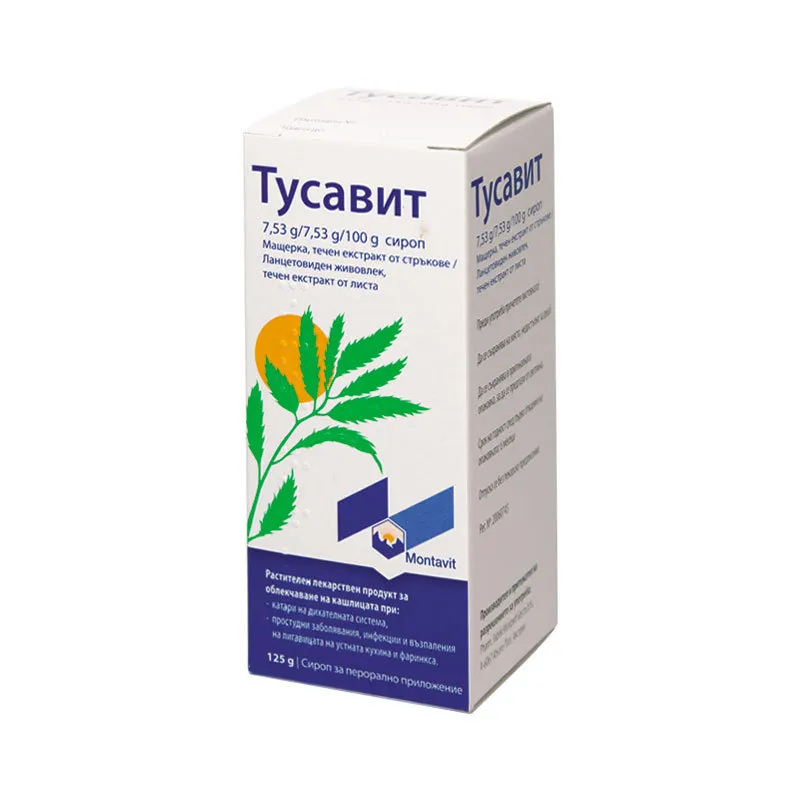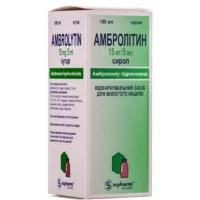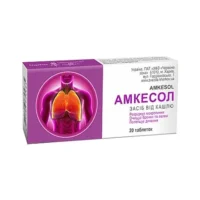Description
Tusavit (Extract of Thyme) Syrup 125 g Vial
Ingredients
- Tusavit syrup contains natural extract of thyme, sucrose, purified water, and preservatives.
Dosage
- Adults: Take 10ml of Tusavit syrup three times a day.
- Children: Consult a healthcare professional for appropriate dosage.
Indications
Tusavit syrup is indicated for the relief of cough, sore throat, and bronchial congestion. It helps to soothe the respiratory tract and promote easier breathing.
Contraindications
- Do not use Tusavit syrup if you are allergic to thyme or any other ingredients in the product.
- Consult a doctor before use if you are pregnant, nursing, or have any medical conditions.
Directions
Shake well before use. Take Tusavit syrup orally as directed by a healthcare professional. Do not exceed the recommended dosage.
Scientific Evidence
Studies have shown that thyme extract, the key ingredient in Tusavit syrup, possesses antimicrobial and anti-inflammatory properties. These properties help in reducing cough severity and improving respiratory symptoms.
Additional Information
- Tusavit syrup is free from alcohol and artificial colors, making it suitable for individuals with specific dietary requirements.
- It is a natural alternative to conventional cough syrups, offering effective relief with fewer side effects.
Pharmacological Effects: Thyme extract acts as a bronchodilator, helping to open up the airways and ease breathing. It also has mucolytic properties, aiding in the clearance of mucus from the respiratory tract.
Research has indicated that thyme extract can be as effective as conventional cough medicines in managing cough symptoms. A study published in the European Respiratory Journal found that thyme was beneficial in reducing cough frequency and intensity in patients with acute bronchitis.





